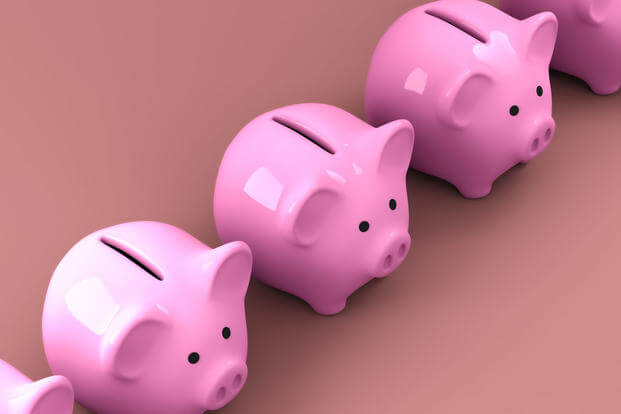Now that we're settled into the new year, and have received that first (hopefully) larger paycheck, it is a great time to start thinking about how you can use that extra money to make positive progress toward your overall financial goals. For most families, there are three big financial priorities: paying off debt, building an emergency fund, and saving for a future goal. Figure out an automatic way to take your pay increase and put it toward one of those goals, or it will get magically swept up in your everyday spending.
Paying Off Debt
If you're already using a carefully planned debt repayment system, nudge up the payment amount by the amount of your increased paycheck. If you don't have a debt repayment plan, now would be a great time to create one. There are all sorts of online tools, and your installation has a personal financial counselor that can help you create a timeline to knock out that debt for good.
Build An Emergency Fund
Set up a separate savings account, and then set up an allotment for the same amount as your pay increase. Your paycheck will stay the same as it was before, and you'll be building up emergency funds to be used when something unexpected happens: a car accident, an emergency flight home, or a burst pipe in your house.
Save For The Future
Saving is an important part of an overall financial plan. Whether it is short-term savings for a new car, mid-term savings for in a transition-from-the-military fund, or long-term savings for retirement, all are great places to stash a little extra cash. No one has ever complained about being too prepared to buy a new car, leave the military, or retire. Other popular savings goals include college funds, house down payments, and vacations.
A lot of people think, "Oh, it's just a few dollars, it won't do any good anyway." That's exactly the wrong way to look at it. Even $40 a month can have a huge impact over time. If you put $40 a month into an emergency fund for just this one year, you'll have $500. If you keep putting that $40 a month into the same account for 10 years, you'll have nearly $5,000 even if you earn basically no interest.
Even better, let's say you have $2,000 on a credit card with a 20% interest rate and a minimum payment of $60 per month. If you keep paying that minimum payment, it will take you 49 months and you will have paid nearly $1,000 in interest. If you jack up that payment to $100 per month, it will be paid off in 25 months and you will have paid only $451 in interest. How awesome is that?
Take some time today to figure out which of your financial goals is the most urgent, and then figure out how to make your pay increase to automatically to the goal. Allotments and automatic transfers are awesome tools in your overall financial plan.










